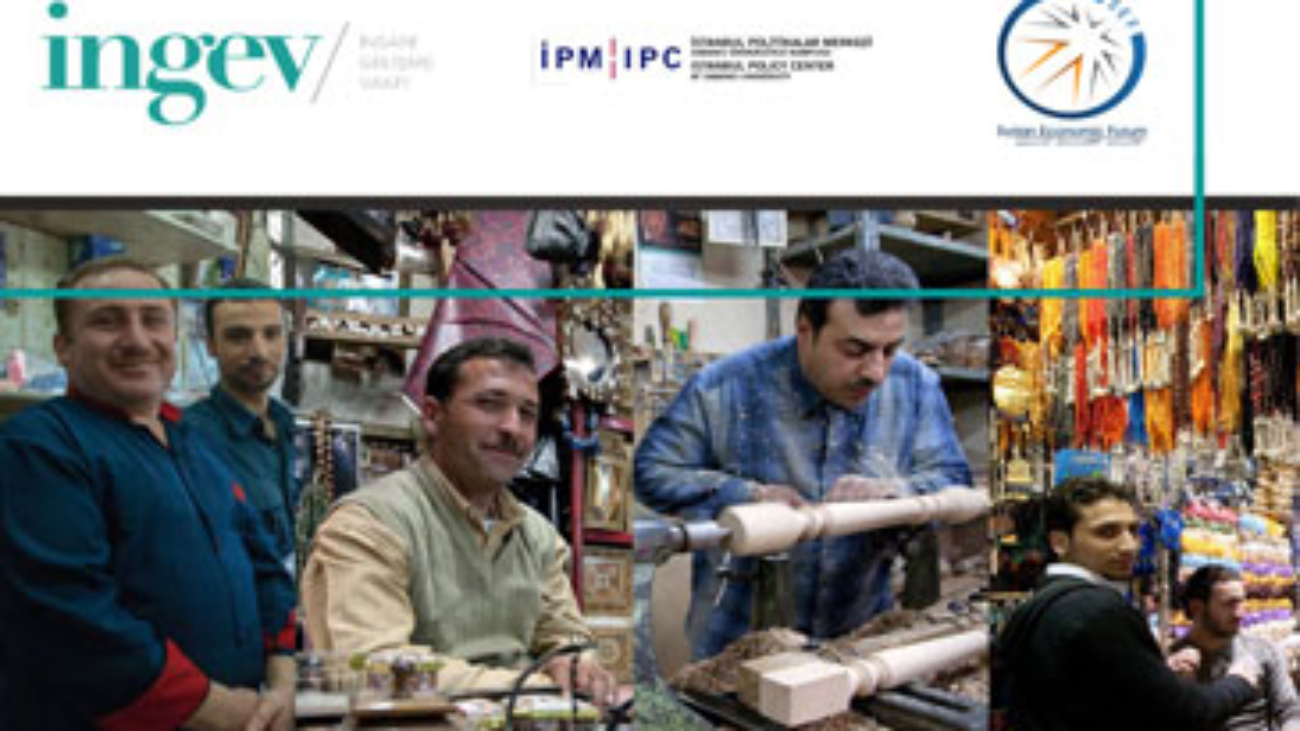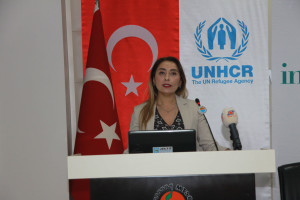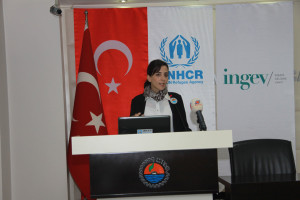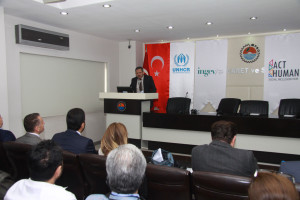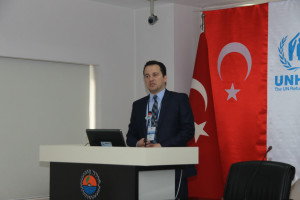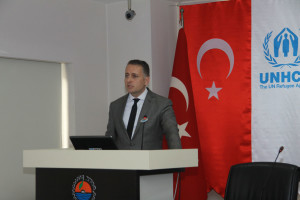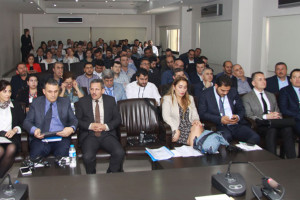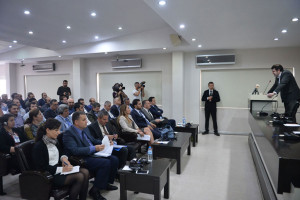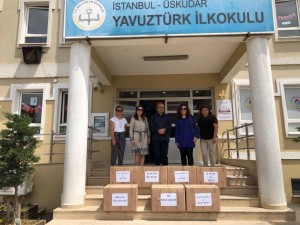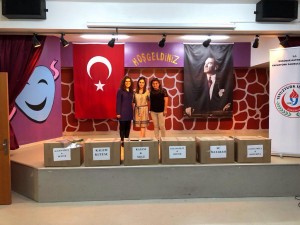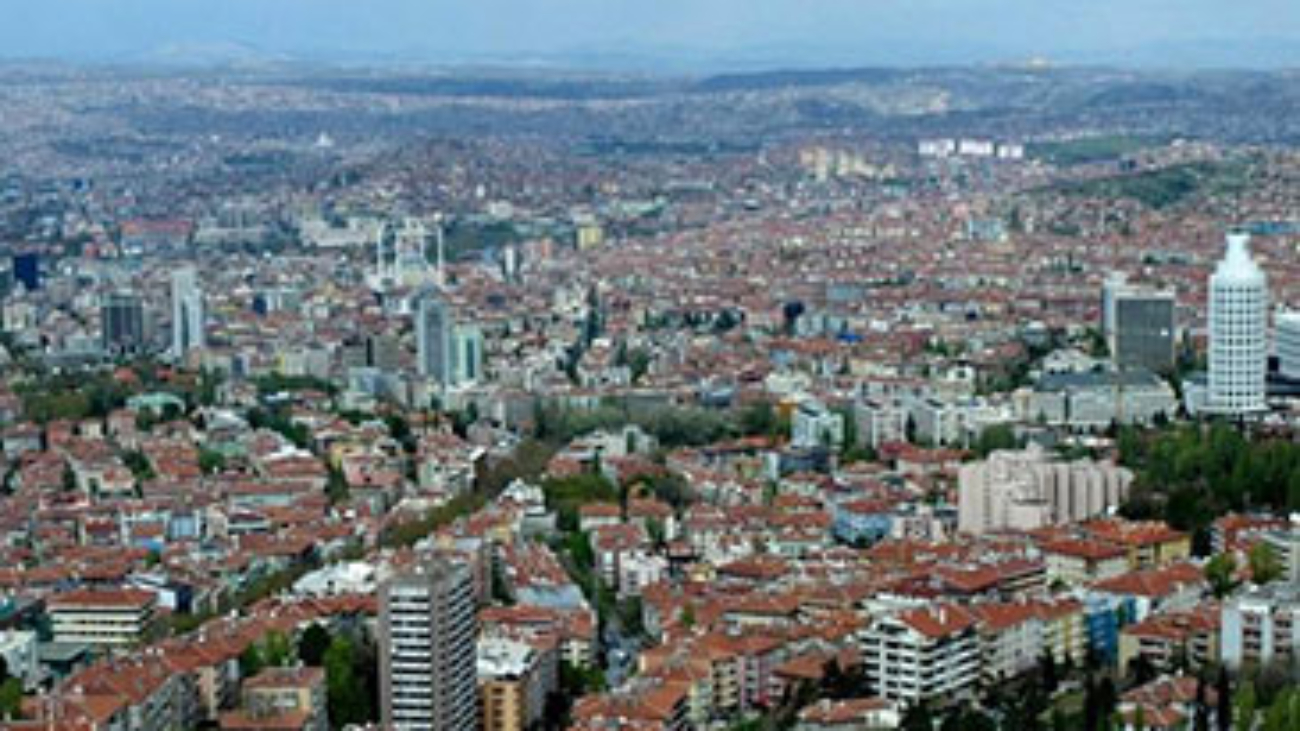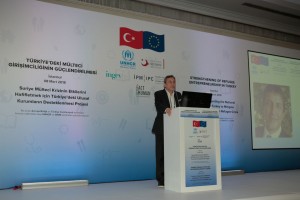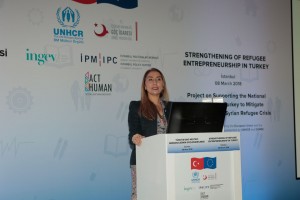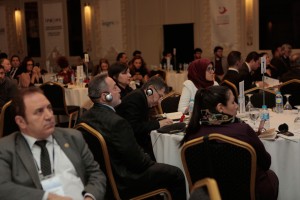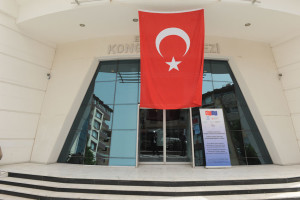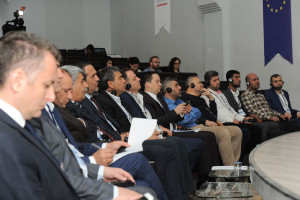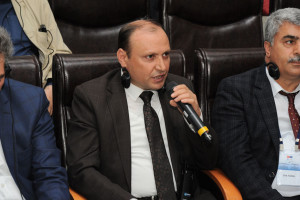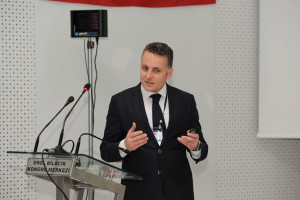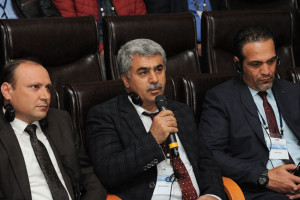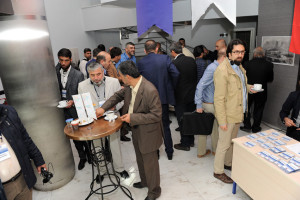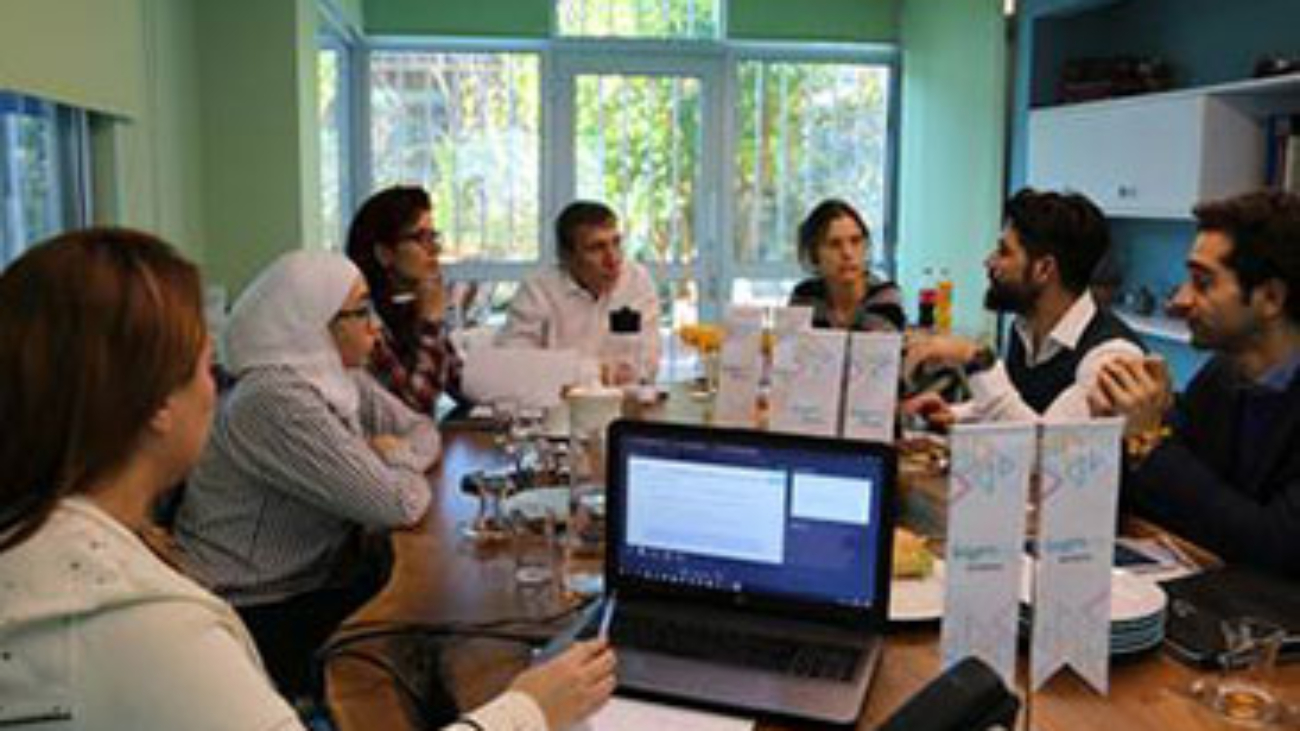As a joint initiative by INGEV-IPM, “ActHuman Social Inclusion Hub”, we proudly share with you our first social recommendations and policies booklet.
Our joint initiative, initiated with the publication of our first title, “The Enhancement of Syrian Entrepreneurship to Contribute Employment and Integration”, has prepared “Potential Enhancement Areas for Companies Established by Syrians” booklet with the support of Syrian Economic Forum. This booklet starts off with a profound look at the Syrian Crisis and Syrian Entrepreneurship in Turkey. The second chapter, “Potential Enhancement Areas”, informs the reader about the 11 Enhancement Areas Regarding Legal And Financial Regulations.
What Are These Enhancement Areas? Centralization And Dissemination Of Information, Doing Business In Turkey, Legal Environment, Ease Of Travelling, Ease Of Work Permit And Quotas, Clarification/Improvement Of Financial Services, Encouragement Of Formalization And Entrepreneurship, Long Term Sustainability Guarantees, Similar Approach, Equal Opportunities, Business–Investment Orientation, Increasing The Roles Of Chambers & Associations, Labor Market Needs, Large Scale Agricultural And Livestock Projects
How did we prepare the booklet?
Following the establishment of ActHuman Social Inclusion Hub, a steering committee was formed with their objective stated as “The Enhancement of Syrian Entrepreneurship to Contribute Employment and Integration”. A general approach was conceived after the first of these committee meetings and a literature review was carried out subsequently. INGEV worked on the draft policy paper in cooperation with Syrian Economic Forum. The steering committee improved the draft policy paper with a second workshop. The policy paper was thus ready to be presented at the conference held in Salt Galata on September 27, 2017.
Syrian entrepreneurs and company owners actively participated in this first-of-its-kind conference and took part in the panels as speakers. Ministries, international institutions, national civil society organizations, university and private sector representatives also aided the policy paper with their feedback. The paper was presented by Mr. Rami Sharrack, the Director of Syrian Economic Forum, who has been part of the process since the beginning. The policy paper was finalized in line with the feedback received during the conference. It is now being circulated among members of the public and private sectors along with academic and civil society networks, which are symbolized by the four triangles in the ActHuman logo.
